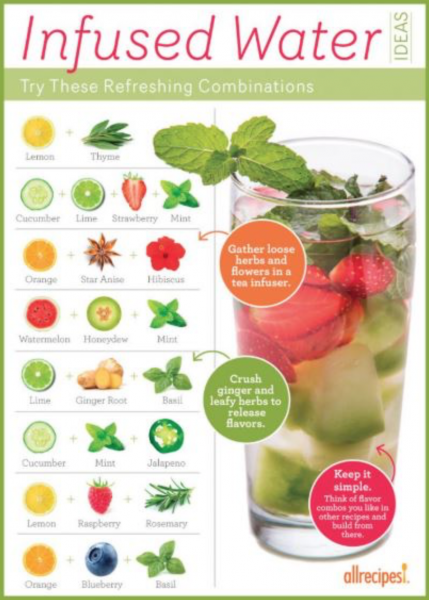As a dietitian, I sometimes find that I do not get to say anything groundbreaking or monumental. I never get to tell clients that a particular diet will lead to a 10lbs weight loss in a month, or that a juice cleanse will melt away unwanted fat. And never do I promise someone that a detox tea is the answer to their unhappy bellies.
That’s because science isn’t sexy.
I follow an evidence-based practice- what that means is that if repeated scientific studies have not proven something, it’s unlikely I am promoting it. I also have a college ensuring I am not spouting unfounded claims or promising miracles in the form of tea. Most companies, most advertisements on tv, do not have the same college watching them. There is no governing body ensuring they practice within their scope of practice or color inside the lines. Their interest isn’t in public safety, but public profits.
Now, scientific studies are not perfect. Take perhaps the most controversial study result to date: vaccines cause autism. It has been proven time and time again that this is not the case, but such a statement is bold, it’s controversial, it gets people talking. The truth, the drawn-out scientific explanation, is boring, it doesn’t evoke the same passion or conviction as its unproven counterpart.
Science is slow moving. It takes years to complete clinical trials and in the nutritional science world, it is hard to control all possible variables. We cannot put human subjects in a lab and control everything that goes into their body. We cannot guarantee portion sizes or accuracy of food journals.
We cannot say with certainty that putting in X always gives Y. What we can say is that for the most part when X is followed, Y is the result. And that is what health care professionals have been saying for years: a healthy lifestyle of physical activity and balanced eating leads to good overall health.
It isn’t sexy, but it is true.
Jenelle McAuley
- Get Ready for the 2024 City Nature Challenge! - April 18, 2024
- Tickets On Sale for Thunder Bay LitFest 2024 – Featuring Guy Gavriel Kay! - April 16, 2024
- Embark on an Adventure: Win a Fly-In Fishing Trip for Two - April 16, 2024
 Wawa-news.com You can't hear the 'big picture'!
Wawa-news.com You can't hear the 'big picture'!



